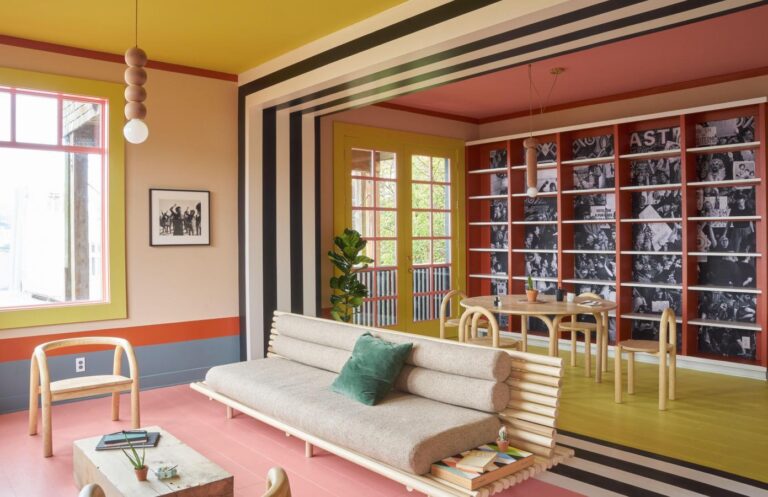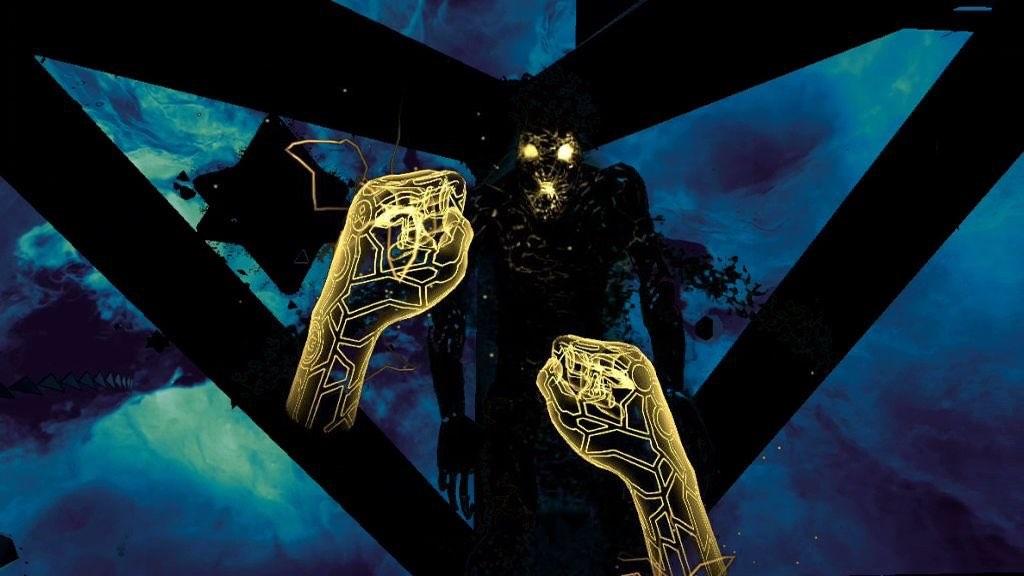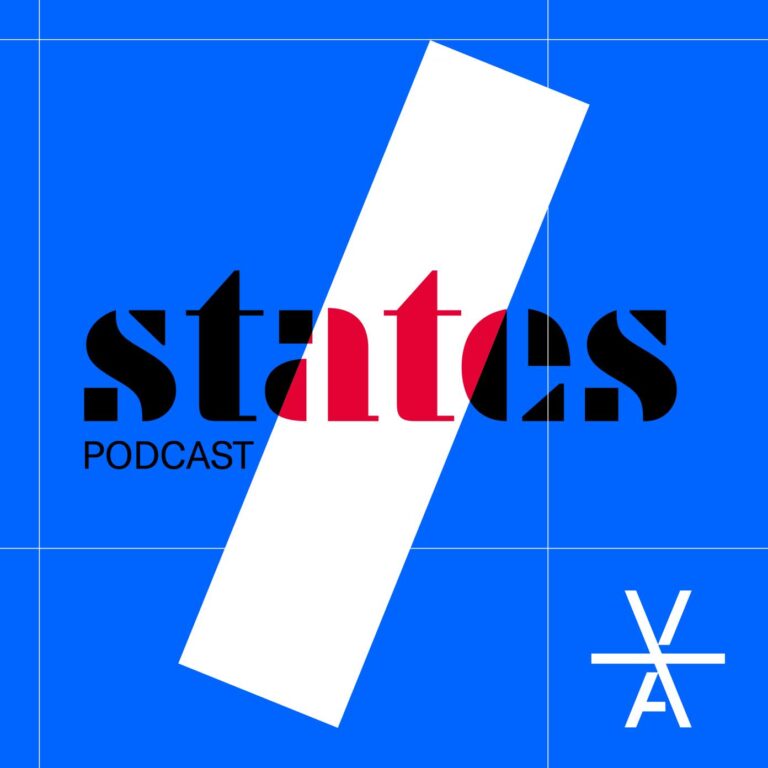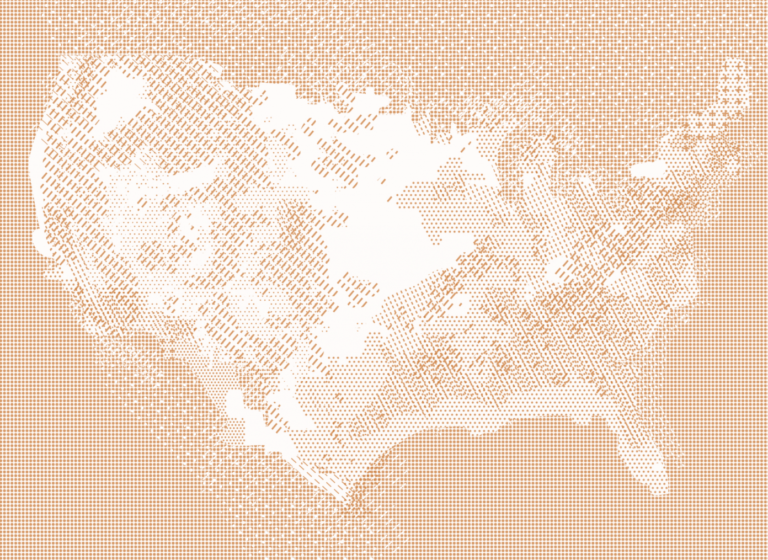
Fight Back VR: An Interview with Céline Tricart and Marie Blondiaux
Interview

© COVEN
“Our goal is to reach women, regardless of their age, but also all the people who may feel vulnerable and could benefit from discovering self-defense.”
Director and Villa Albertine’s resident Céline Tricart founded video game studio COVEN along with producer Marie Blondiaux. Together, they released Fight Back VR, coproduced with France Télévisions Storylab. Under the cover of a thrilling and fun adventure with hand tracking enabled, “FIGHT BACK ORIGINS” is an introduction to self defense techniques as an answer to gender-based violence.
The game premiered at the 79th Venice International Film Festival in 2022 and was presented at the UN Headquarters and at Games for Change in July 2023.
Discover their interview!
Can you explain the DNA of your new video game studio Coven and what your desires are?
We created COVEN to bring everything we learned producing immersive content in the past 10 years to the video game industry: emotional storytelling and innovative gameplay. We associate it with a value that is key to us: inclusivity. This is reflected in our creative teams, in the characters and stories we craft, and in the type of audience we target. We want to keep on working on ambitious VR games, but also to develop “traditional” games for PC and consoles.
What is the genesis and context in which Fight Back VR was created? Which team have you formed and which partners have you surrounded yourself with and why?
Fight Back is in line with the past work of director Celine Tricart, in particular her virtual reality documentary “The Sun Ladies” about the women fighting against ISIS in Iraq. It’s about women’s physical empowerment, collective strength and it highlights inspiring role models whose stories have been lost in history.
When we started working on Fight Back, we were looking for ways to extend this first work through an another VR documentary that would have explored the stories of groups of female fighters around the world. And eventually, we adopted a completely different approach: we decided that it was better to invite our audience to participate and physically engage in the experience. France Télévisions was one of the partners on this project from the very beginning.
We assembled a team around Céline : Maelle Holtzer became our game designer and Julie Roué our music composer. We then chose to collaborate with Albyon Studio which oversaw the art and programming of the game, 1518 Studios for the animation and Source Sound for sound design.
What is your target audience and how do you attract it?
Our goal is to reach women, regardless of their age, but also all the people who may feel vulnerable and could benefit from discovering self-defense. The app is available for free for anyone who owns a Quest 2 VR headset, but we are in the process of setting up an impact campaign that will allow us to make the experience available to NGOs committed to the protection of women’s rights all over the world.
You presented the project at the Game for Change festival but also at the UN in New York. Can you explain your experience in New York as a French creator and producer?
Games for Change offered us a perfect springboard for the project. In partnership with UN Women, they allowed us to present the project to decision-makers from the video game industry and NGOs during a special event at the United Nations. The project was also shown at the Times Center during the 3 days of the festival. It has been a great honor to share the project at these iconic locations, and we hope it will help boost our impact campaign.
On which platform is Fight back VR available?
The website www.fightbackvr.com offers additional information about self-defense.
What is the place of women game creators and producers in this industry today?
Women in video games represent only 20 to 30% of professionals in the sector while they constitute 50% of players. Things are gradually improving, but the problem remains and more efforts must be made. In recent years, women in video games have been given more visibility in press and during events, and we see more and more interesting, non-stereotyped female characters in games. All this constitute a very encouraging change in the right direction, but there are still a lot of positions in the industry that are predominantly male, such as game director, designer or programmer. We need to encourage young girls to study STEM and undertake a career in the video game industry.


